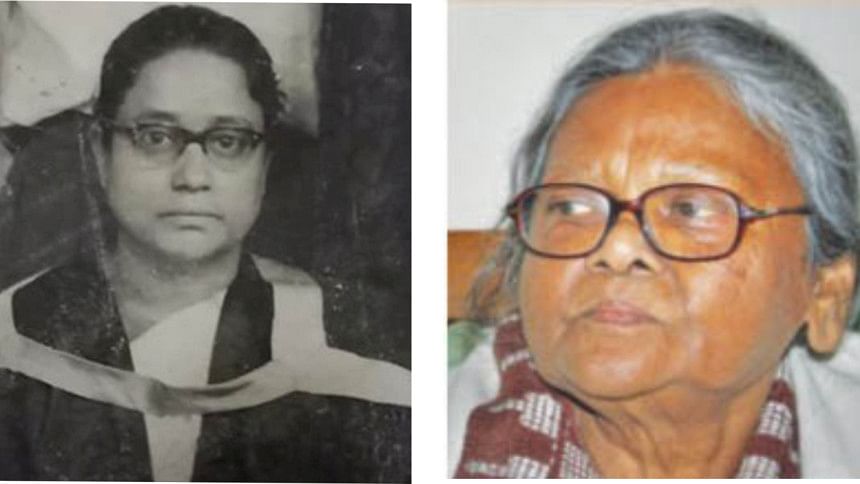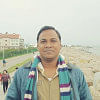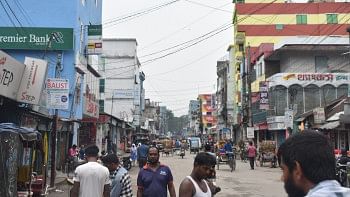Language Movement in Pabna: Two heroes still not recognised

In 1948, when Dhirendranath Dutta's proposal to recognise Bangla as one of the state languages of the then Pakistan was rejected in the parliament, protest raged like fire all over the erstwhile East Pakistan.
Students, both male and female, took to the streets demanding the right of Bangla as a state language.
In Pabna, too, a number of female revolutionists took part in the Language Movement between 1948 and 1952 alongside their male counterparts. Unfortunately, none of them have yet been recognised.
Among the female revolutionists were Selina Banu and Sabera Mustafa, who played vital roles in motivating young people and students to join the protests.
Selina Banu was born in Pabna on October 12, 1926, to an educated and political family. She passed her Intermediate examination from Pabna Edward College in 1945 and graduated in science from the same institution in 1949.
While a student, she joined a left leaning student group and took part in social work during the famine of 1943. She was the President of Pabna District Students Federation from 1946 to 1948.
"As in other districts, students of Pabna organised protests, demanding Bangla as the state language of Pakistan. Hartal was observed in the district on February 29, 1948, and a mass rally was arranged at Pabna Edward College for the recognition of the mother tongue," recalled Ranesh Maitra, a language veteran, who took part in the protest.
"Aminul Islam Badsha and Mahabub Ahmed Khan were joint conveners of Rashtra Bhasa Sangram Parishad in Pabna, but from the college the most significant roles were played by Selina Banu and Sabera Mustafa," he said.
Ranesh said the women did not join the procession as it was not possible to do so in the conservative atmosphere that existed in Pabna at that time.
Both of the revolutionists, however, motivated young people and students to hold the protest rally, he added.
Selina continued the role of an organiser throughout the movement that climaxed in 1952, forcing the then Pakistani government to give in to the demands and recognise Bangla as a state language, Ranesh said.
Later in the 50s, Selina joined the Awami Muslim League and then the National Awami League. The unsung Language Movement veteran died on January 26, 1983, at the age of 56, leaving behind an illustrious political carrier.
While Selina pursued a political career, Sabera shifted her focus more towards cultural activities.
Born to an educated family in Pabna Sadar Upazila's Gobinda village as Sabera Khatun Shamsun Ara in August 25, 1934, she later married another language activists and journalist KG Mustafa and left the district before the Liberation War.
In the mid-1950s, Sabera became one of the first women in the former East Pakistan to act on stage. She also worked as a teacher for four decades teaching at different colleges in Dhaka, Rajshahi, Barisal and Sylhet. Sabera died on April 15, 2012, at the age of 78.
Professor Dr Abdul Alim, head of the Bangla department of Pabna University of Science and Technology, also a researcher of the Language Movement in Pabna, noted that the role women played during the Language Movement has remain largely untold.
He said Selina Banu and Sabera Mustafa's name have been mentioned in different books on the movement but there is no consolidated work on the female revolutionists.
"In my opinion, female revolutionists should be given due respect and state recognition to present the authentic history of the Language Movement to the new generation," he added.
Locals of Pabna also feel the same way. Amzad Hossain, a resident of Pabna's Gobinda village, urged the government to take initiatives in Sabera's hometown to inform the future generations of her contributions in the Language Movement.

 For all latest news, follow The Daily Star's Google News channel.
For all latest news, follow The Daily Star's Google News channel. 



Comments